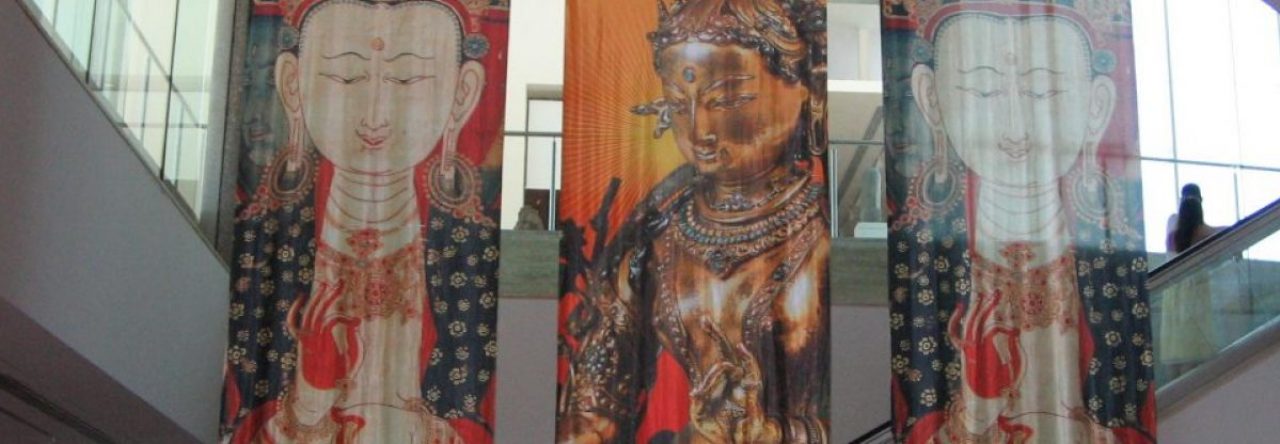Before we go too much further there are some things to name that will need our consideration soon enough. Because there are so many things that have come to me since starting this blog, that I think I should list some of them, in the hope of addressing them soon.
In wanting to write about the role of the body in Buddhist meditation practice, we can ask: What is the body that they speak of here? Is it one ‘ thing’? Even if we consider the body a collection of processes, does their ‘aggregation’ come in only one modality? Will one meaning of the word ‘body’ suffice? What if there are a number of different experiences, or kinds of experiences, that the word ‘body’ indicates, indicating levels of bodily experiencing? I think this is the case, and I will have more to say about this as I explore the theme.
Another matter that needs clarification is how I’ll view the age-old red herring called “the body-mind dualism.” There are confusing and, indeed, discouraging views abroad in the Western Buddhist community about this, is students of meditation being encouraged to avoid me ‘Cartesian dualism’ of separate mind and body. For the moment let me comment that the Buddha used a particular term which is helpful in this respect: “body with consciousness.” (saviññāṇa kāya) ”Then, Sariputta, you must train yourself as follows. In this mind and body, or anything external to it, there is no notion of ‘I’ or ‘mine.’” (Trans: Sue Hamilton). The pharase, ‘mind and body’ is meant to point us to our direct experience, and wasn’t intended to set up fixed philosophical categories. (By the way, this quote puts to rest the biased, sectarian, rhetorical and imprecise notion that Theravādans only realise the selflessness of persons, and not that of the environment. “ ..Or anything external to it,” says the Pali text.)
An important matter to clarify, too, is the relationship of what we call the senses to the notions of body (usually rūpa and kāya) in the Pali texts. As a simple experiment, try this is threefold deepening practice: Relax the body for a few minutes; then relax your breathing for a few minutes; then relax your senses (all at once). Is there a difference between ‘relaxing the body’ and ‘relaxing the senses’? Can you find your words (ignoring public meanings) for the difference? Are the senses, in fact, and speaking conventionally for now, more a matter of ‘mind’ than of ‘body’?
